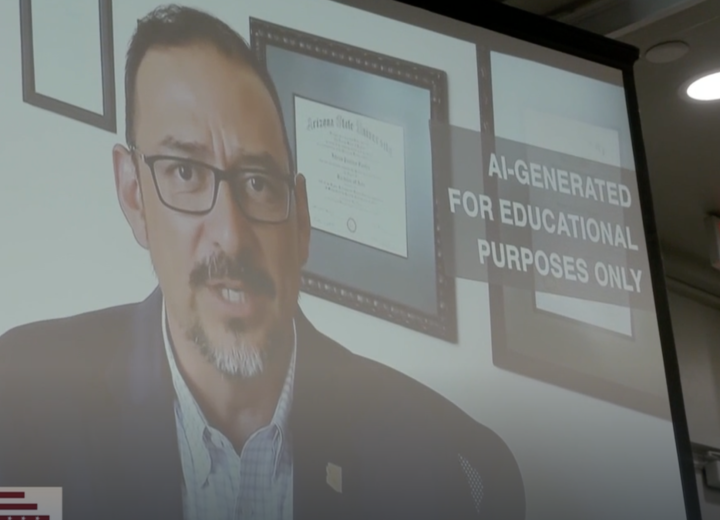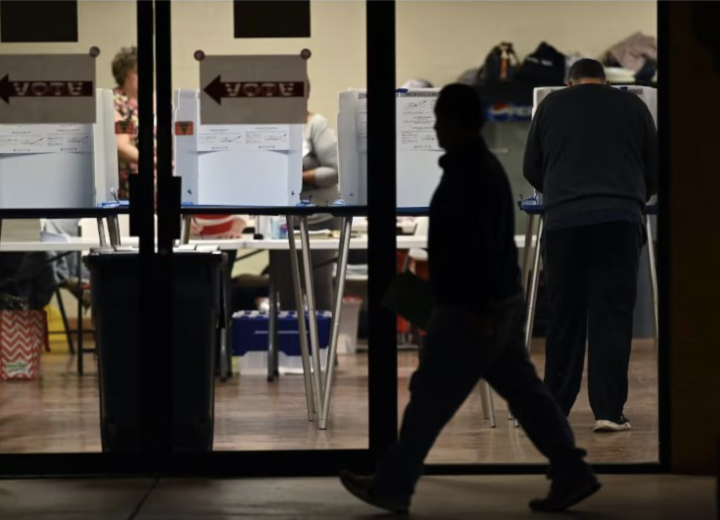The Brennan Center for Justice at NYU Law, the Elections Group, and Institute for the Future (IFTF) released How Election Officials Can Identify, Prepare for, and Respond to AI Threats. Developed by experts in election administration, cybersecurity, and AI, this new tool provides scenarios for hypothetical situations involving AI-related attacks on election infrastructure, attempts to spread misinformation about voting, and efforts to interfere with election officials’ work. The scenario planner offers practical advice for responding to these threats.
How Election Officials Can Identify, Prepare for, and Respond to AI Threats
As potential artificial intelligence threats to elections have grown increasingly dire, many election officials worry that they have little awareness of the risks, nor practical guidance for how to prepare for this new technology and the threats it poses to election security. In particular, they feel limited in their ability to communicate with voters about possible AI-driven disruptions to the 2024 elections.

The planner was inspired by authors’ conversations with election officials about concerns over AI and lessons learned from Arizona election officials’ tabletop exercises on AI in December 2023. Among the hypothetical situations in the scenario planner:
- A deepfake video uses an election official’s voice and image to spread false instructions on how to vote.
- An election staffer receives a convincing, AI-generated phishing email directed at election officials with bait links that could infect the election systems with malware.
- Logistical disruptions such as phone calls seeking information about polling place hours are automated to flood election office phone lines as well as staff mobile phones. AI systems can generate calls that are highly personalized to mimic real people and voters by sharing real voters’ data, and can potentially overwhelm staff, resources, and interrupt election work.
For each scenario in the planner, the authors make recommendations for handling it, with specific steps for stopping an attack and reducing the damage.
Engage with IFTF foresight researchers and powerful portfolio of tools and techniques to embrace strategic foresight, navigate large-scale change, and lead your organization toward a vibrant future.



